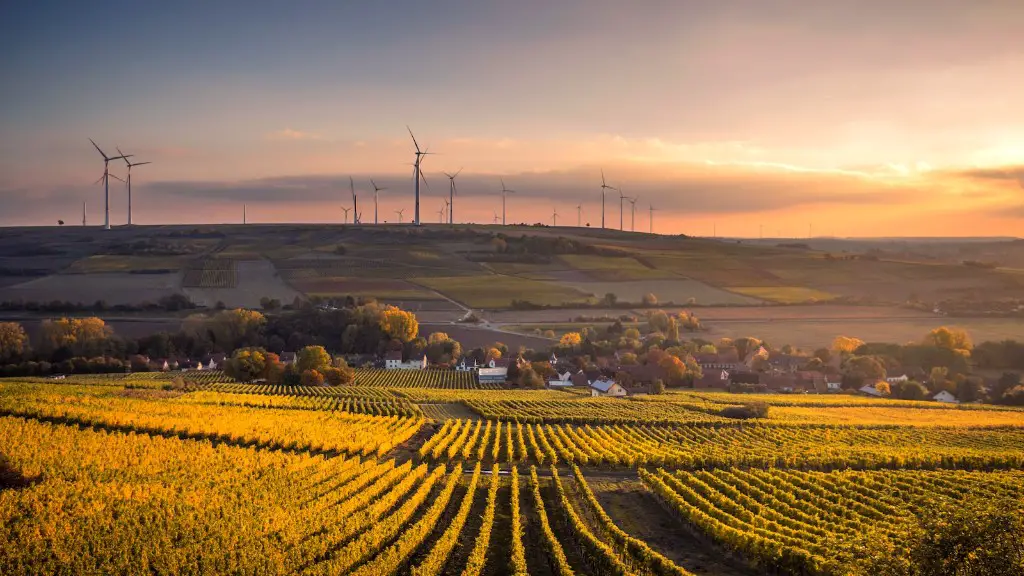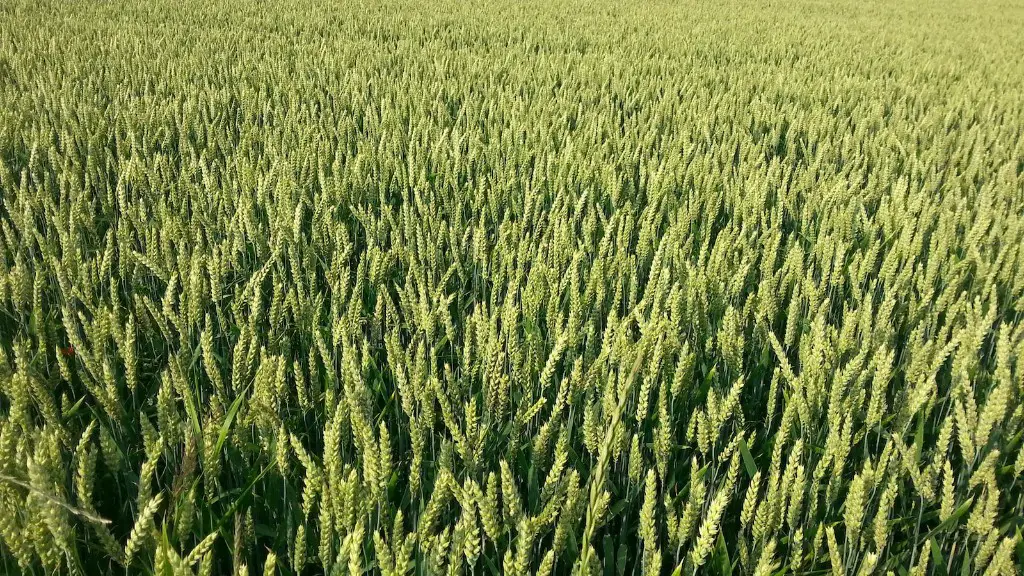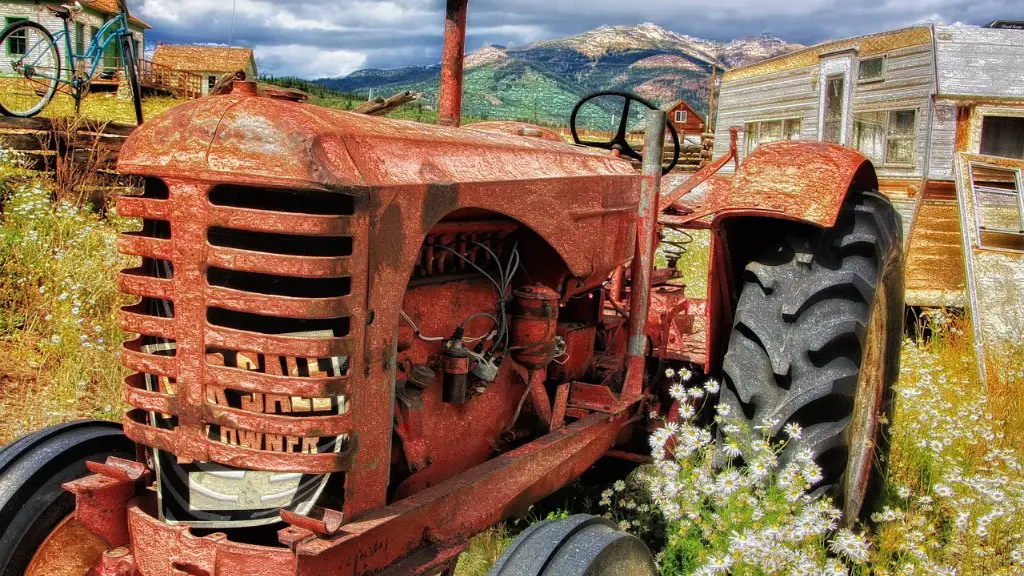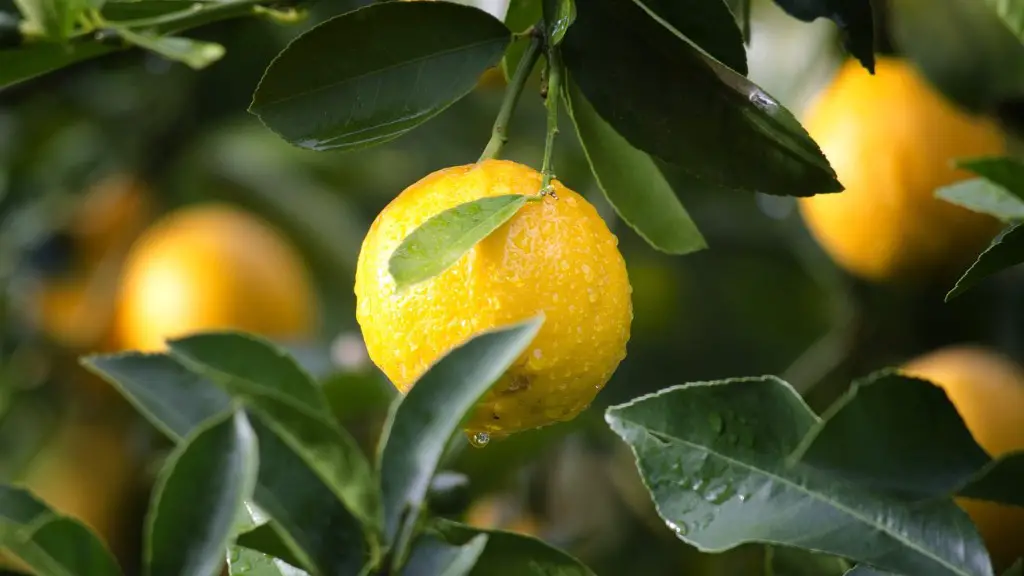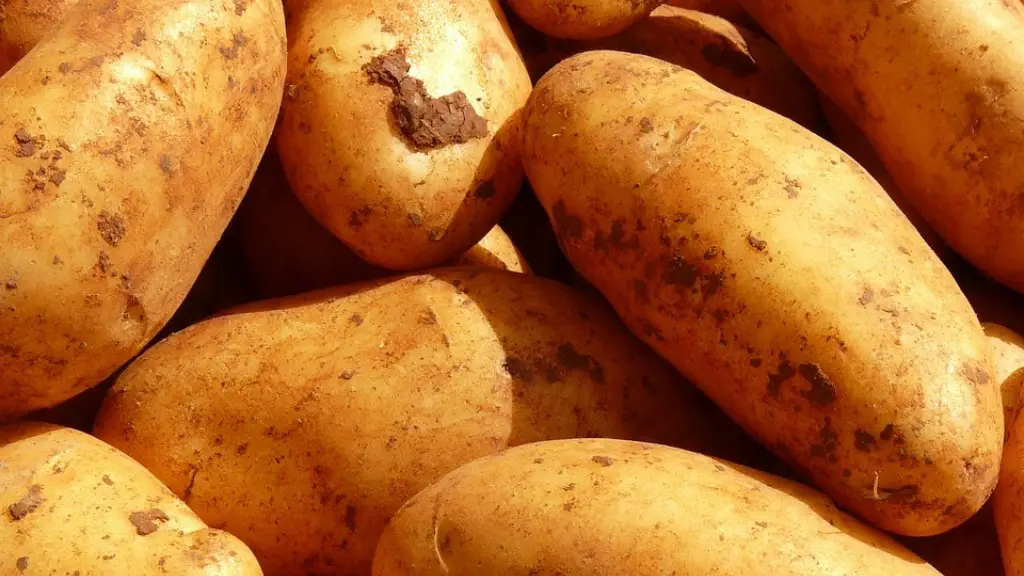Sustainable agriculture is defined as agricultural practices that minimize the depletion of natural resources and maximize long-term production potential. It also aims to minimize negative environmental impacts, reduce pesticide and fertilizer usage, produce more agriculture with less land, enhance ecosystems, and uphold the humane treatment of animal rights. As noble as the goals of sustainable agriculture are, the challenges to its implementation are numerous. This post endeavors to discuss what these challenges are.
Firstly, one of the main impediments to sustainable agriculture is the economics behind it. Because of food surpluses in developed countries, farmers often cannot get an adequate price for their products. This stifles their ability to invest in sustainable practices such as soil and water conservation, organic fertilizers, biological pest control, and crop rotation. As a result, the financial strain can negatively impact their willingness to pursue sustainable agriculture.
Secondly, the natural environment presents its own challenges. Climate change, soil erosion, and erosion from poor land management practices all cause soil fertility to decline. This, in reaction, forces farmers to use more fertilizer and water, exacerbating the same environmental problems. This cycle further creates a barrier for sustainable agriculture.
Thirdly, education is a challenge. For sustainable agriculture to become the norm, not only do farmers need to understand the principles of sustainable agriculture, but those making policy decisions should be aware of the long-term effects of their actions. Proper training and education is required for this, and even then, better access to technology is necessary for farmers to use sustainable methods.
Fourthly, access to capital is seen as one of the major drivers of sustainable agriculture adoption. Without access to capital, farmers cannot obtain the necessary input materials like fertilizers and pesticides More importantly, farmers would be unable to purchase the labor and machinery used in more sustainable practices.
Fifthly, the availability of information and research is also seen as a barrier. Many farmers lack access to enough relevant information on sustainable agriculture and lack knowledge on the necessary technology, such as precision agriculture.
Lastly, more work needs to be done in terms of connecting farmers and consumers. The lack of direct contact between them leads to a lack of understanding and trust, making it more difficult for farmers to convert to using sustainable practices.
Aesthetics and Pscyhology of Sustainable Agriculture
The aesthetics and psychology of sustainable agriculture are just as relevant as the economics of it. A study by the International Food Policy Research Institute found that even with incentives like lower costs and environmental performance, farmers are discouraged from transitioning to sustainable agriculture when the long-term nature of the practice is considered. This perception usually has roots in cultural, religious, and traditional norms.
People need to find thematic and personal attractiveness in sustainable agriculture to be able to embrace it wholeheartedly. Additionally, farmers need to be certain that their income and food security will not be compromised with sustainable agriculture. This means increased public education, media promotion, and private promotion campaigns of sustainable practices from NGOs and corporations.
It is also pertinent that farmers recognize the environmental benefits of sustainable practices. Enhanced environmental stewardship will help to reduce greenhouse emission, conserve and improve soil and water quality, and protect ecosystems for future production.
Finally, one of the main challenges of sustainable agriculture is that the challenges differ from region to region. This requires not only understanding what challenges are present geographically, but also what challenges each farmer is facing. From this, appropriate methods and policies can be put in place to help support farmers in their transition to sustainable agriculture.
Technology and Inovation
Innovative technological applications can play a major role in sustainable agriculture. Improved irrigation and water management, precision agriculture, fertilization management, and pest management can all significantly reduce the impact of agriculture on the environment.
Technology can also assist with the integration of farming and animal husbandry, improving animal welfare and a decrease in production costs. Furthermore, by using mobile devices and the internet, farmers can connect with buyers and suppliers, and improve their direct market access. This assists with price negotiation and diversifying markets, and simultaneously supports the growth of small businesses.
The development of bio-products also provides a means for sustainable agricultural production. Bio-products, such as biopesticides, biological inoculants, and fertilizers, reduce the need for chemical fertilizers and pesticides without compromising production. Furthermore, the use of bio-products can increase nutrient cycling, soil fertility, and air quality, improving the quality of the end product.
Ultimately, these technologies need to be strategically implemented, particularly in relation to their cost effectiveness. Although some costs may be initially high due to the newness of these technologies, their ultimately direction is toward cost reduction and better decision making.
Education and Training
Investing in farmer education and training is essential in order to increase uptake of sustainable practices. Poor access to education can influence the decision-making process, while increased knowledge and access to relevant information can boost the adoption of sustainable practices.
Additionally, education can help farmers to understand the value of sustainable practices such as intercropping, integrated pest management, soil conservation, and waste management. This understanding can assist farmers to make more informed decisions and to adopt better management practices.
Furthermore, education also helps to promote farmer-to-farmer exchange of information, as well as information sharing between farmers, NGO workers, and representatives from different countryside-based organizations. Such exchange leads to increased advocacy for farmers from different backgrounds, leading to sustainable agricultural practices becoming mainstream.
Additionally, promoting the idea of sustainable agriculture in terms of its potential benefits to society can also help to promote awareness and willingness to engage in such practices. This could include highlighting the potential opportunities it presents, in terms of incentivizing farmers and providing a platform for solutions to contribute to global food security.
Ultimately, in order for sustainable agriculture to be successful it needs to come from the people themselves. Empowerment and involvement of small-holder farmers in decision-making can lead to more reliable, efficient, and sustainable production cycles.
Government Policy and Legislation
Government policies and legislation play a vital role in supporting sustainable agriculture. By incentivizing farmers to transition to sustainable agriculture, governments can help to increase the uptake of such practices.
The most efficient way to incentivize sustainable agriculture is to set renewable energy quotas that businesses must adhere to. This can be accompanied by reducing or eliminating subsidies on petroleum, chemical fertilizers, and pesticides. Such legislation will create barriers for businesses that do not operate sustainably.
Additionally, tax incentives can be provided to businesses who are transitioning to sustainable operations. Such incentives can cover production costs, resource conservation, and land stewardship. Tax deductions can also be provided to those who produce organic produce or use green techniques.
Access to land is also a policy issue, with government legislation playing a role in determining who should be allowed to access land and how the land is managed. Part of this should include requiring landholders to have clear titles and have formal agreements when leasing land and to limit conversion of farmland.
The challenge of sustainable agriculture requires an integrated policy approach to address both regulatory and incentive measures. Such policy should provide a market-based approach that works in favor of more integrated production systems, for instance promoting economic incentives for sustainable practices.
Furthermore, such policy should provide support for farmers in their transition to sustainable agricultural practices. This may involve the use of subsidies, loans, and access to support services from governmental or non-governmental organizations.
Ultimately, the government needs to actively involve not just farmers, but all stakeholders of sustainable agriculture, such as researchers, consumers, and NGOs, to create a unified approach and strategy for sustainable agriculture.
